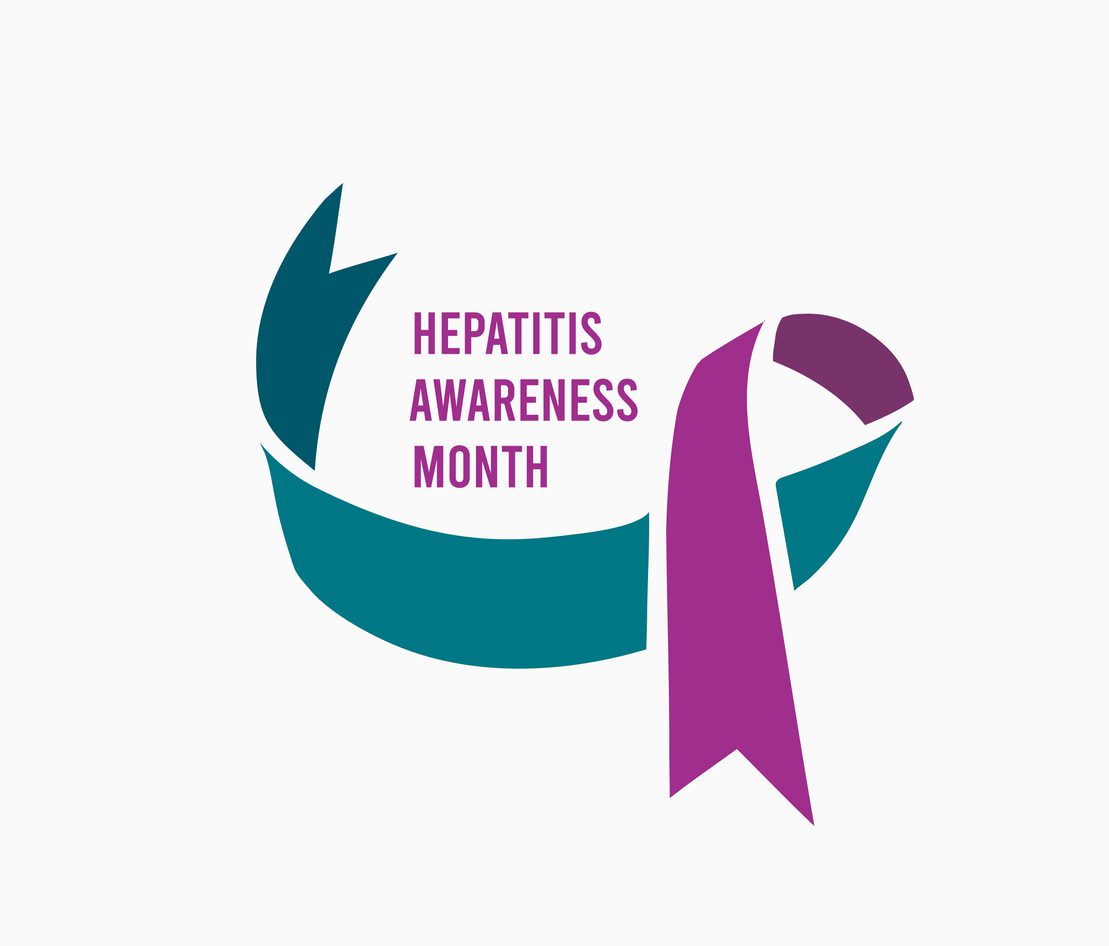Search by Color or Cause


Hepatitis Awareness Month, observed in May, is a time to increase awareness of hepatitis. And it is also the time to highlight the need for a cure. In addition, the month spurs advocacy on behalf of those suffering with the emotional, financial and physical burden of hepatitis. For this reason, Hepatitis Awareness Month educates the public that Hepatitis B and Hepatitis C can become chronic, life-long infections. These infections can lead to liver cancer. Millions of Americans are living with chronic viral hepatitis, and many do not know they are infected. The color associated with Hepatitis Awareness Month is teal and purple. Teal and purple enamel pins are available in both personalized and non-personalized versions. We also offer teal and purple fabric awareness ribbons.
Further, May 19 is Hepatitis Testing Day. In addition to Hepatitis Awareness Month, Hepatitis Testing Day is observed on May 19 each year in the United States. It is an opportunity to remind health care providers and the public which populations should be tested for chronic viral hepatitis.
During May, CDC and public health partners work to shed light on the impact of these hidden epidemics. They raise awareness of viral hepatitis while encouraging testing and vaccination. Hepatitis Awareness Month activities help to improve everyone’s understanding of viral hepatitis transmission. And they work to diminish risk factors and decrease social stigma against viral hepatitis.
There are several different viruses that can cause hepatitis. The most common types of viral hepatitis are Hepatitis A, Hepatitis B, and Hepatitis C.
Chronic Hepatitis B and Hepatitis C are leading causes of liver cancer in the United States.
Both Hepatitis A and Hepatitis B are preventable with safe and effective vaccines, and Hepatitis C is curable with prescribed treatment.
CDC recommends all adults through age 59 and adults age 60 or older with risk factors get vaccinated against Hepatitis A and Hepatitis B. If you are age 60 or older and do not have risk factors, you may choose to get vaccinated.
About 66% of people with Hepatitis B are unaware of their infection and about 40% of people living with Hepatitis C do not know they are infected.
CDC recommends all adults get tested for Hepatitis B and Hepatitis C at least once in their lifetime and pregnant women get tested during each pregnancy. Getting tested is the only way to know if you have Hepatitis B or Hepatitis C.
Hepatitis A is a vaccine-preventable liver infection caused by the hepatitis A virus (HAV). HAV is found in the stool and blood of people who are infected. Hepatitis A is very contagious. It is spread when someone unknowingly ingests the virus, even in microscopic amounts, through close personal contact with an infected person or through eating contaminated food or drink. Symptoms of Hepatitis A can last up to 2 months and include fatigue, nausea, stomach pain, and jaundice. Most people with Hepatitis A do not have long-lasting illness. The best way to prevent Hepatitis A is to get vaccinated.
Hepatitis B is a vaccine-preventable liver infection caused by the Hepatitis B virus (HBV). It is is spread when blood, semen, or other body fluids from a person infected with the virus enters the body of someone who is not infected. This can happen through sexual contact, sharing needles, syringes, or other drug-injection equipment or during pregnancy or delivery. Not all people newly infected with HBV have symptoms, but for those that do, symptoms can include fatigue, poor appetite, stomach pain, nausea, and jaundice.
For many people, Hepatitis B is a short-term illness. For others, it can become a long-term, chronic infection that can lead to serious, even life-threatening health issues like liver disease or liver cancer. Age plays a role in whether Hepatitis B will become chronic. The younger a person is when infected with the Hepatitis B virus, the greater the chance of developing chronic infection. About 9 in 10 infants who become infected go on to develop life-long, chronic infection. The risk goes down as a child gets older. About one in three children who get infected before age 6 will develop chronic Hepatitis B. By contrast, almost all children 6 years and older and adults infected with the Hepatitis B virus recover completely and do not develop chronic infection.
The best way to prevent Hepatitis B is to get vaccinated. All adults aged 18-59 should receive the vaccine and any adult who requests it may get the vaccine. All adults 18 years and older should get screened at least once in their lifetime.
Hepatitis C is a liver infection caused by the Hepatitis C virus (HCV). It is spread through contact with blood from an infected person. Today, most people become infected with the Hepatitis C virus by sharing needles or other equipment used to prepare and inject drugs. For some people, Hepatitis C is a short-term illness, but for more than half of people who become infected with the Hepatitis C virus, it becomes a long-term, chronic infection.
Chronic Hepatitis C can result in serious, even life-threatening health problems like cirrhosis and liver cancer. People with chronic Hepatitis C can often have no symptoms and don’t feel sick. When symptoms appear, they often are a sign of advanced liver disease. There is no vaccine for Hepatitis C. The best way to prevent Hepatitis C is by avoiding behaviors that can spread the disease, especially injecting drugs. Getting tested for Hepatitis C is important, because treatments can cure most people with Hepatitis C in 8 to 12 weeks.